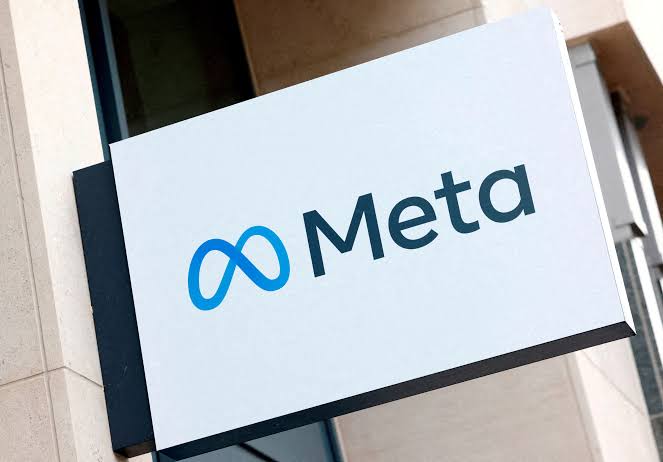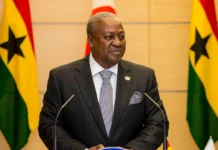Meta will end its eight-year partnership with independent American journalists, including PolitiFact, to identify false information and hoaxes on its platforms.
Meta’s content moderation approach will resemble X’s Community Notes model, Meta CEO Mark Zuckerberg said.
In a five-minute video posted Jan. 7, Zuckerberg cited the political environment after President-elect Donald Trump’s victory and a desire to return to “free expression” on Meta platforms, including Facebook, Instagram and Threads.
The move is part of a multipronged plan to change how Meta moderates content that also includes changing its own content filter settings.
“We built a lot of complex systems to moderate content. But the problem with complex systems is they make mistakes,” he said.
“Even if they accidentally censor just 1% of posts, that’s millions of people, and we’ve reached a point where it’s just too many mistakes and too much censorship.”
Zuckerberg, who met with President-elect Donald Trump at his Mar-a-lago resort after his victory, said the “recent elections also feel like a cultural tipping point” toward prioritizing speech.
“The fact-checkers have just been too politically biased and have destroyed more trust than they have created, especially in the U.S.,” Zuckerberg said.
Neil Brown, president of the Poynter Institute, the journalism nonprofit that owns PolitiFact, said Zuckerberg’s statement was disappointing.
Meta sets its own tools and rules, he said, while PolitiFact and other fact-checking outlets offered independent review and showed their sources.
“It perpetuates a misunderstanding of its own program,” Brown said of Zuckerberg’s statement.
“Facts are not censorship. Fact-checkers never censored anything. And Meta always held the cards.
“It’s time to quit invoking inflammatory and false language in describing the role of journalists and fact-checking.”




